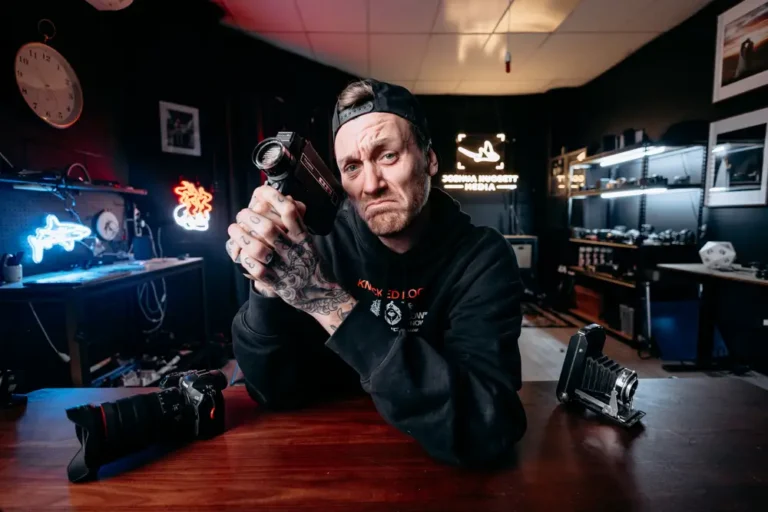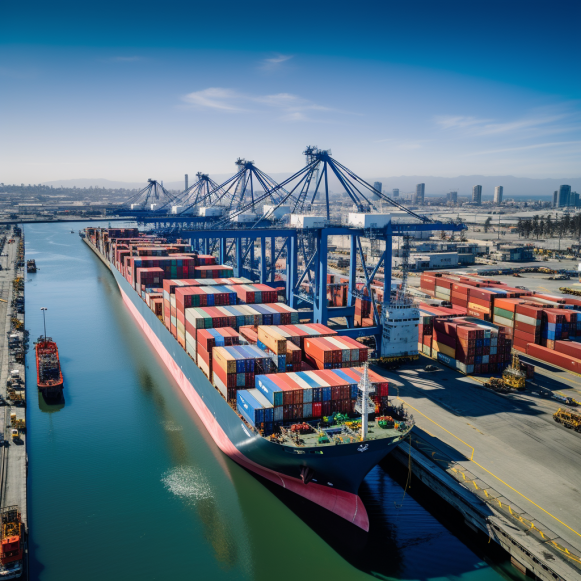Elias: For California police, there’s less heat on the heat for the moment
Recent court rulings protecting officers more than before, larger hiring bonuses, salaries easing some understaffing
Earlier this year, things were looking bleak for individual police officers and police departments in California. Job openings were piling up, state Attorney General Rob Bonta appeared to be conducting constant brutality investigations, and there was a lot of bad press about the so-called “capture-and-release” of shoplifters and other misdemeanor suspects.
New rules also required most cops to wear body cameras that recorded almost every move they made. All of this has resulted from the death of Black suspect George Floyd in Minneapolis during his arrest in 2020. However, late summer brought a quick turnaround for many law enforcement officers.
It all started with recruiting bonuses and starting pay. As vacancies grew and police response times increased, many cities began offering large sums of money to new recruits who completed training and became sworn peace officers.
San Francisco now offers $5,000 signing bonuses and has increased entry-level pay to approximately $108,000. Richmond police won a labor contract that will provide them with 20% raises over the next two years. The Los Angeles Police Department is about to sign a new agreement that will increase starting pay by 13%.
In many cities, incentives include free gym memberships and dry cleaning for uniforms. The best benefits are available to rookie cops in Alameda, where the force had vacancies in nearly a third of its authorized positions just last spring. Money shifted so quickly.
Since the Oakland suburb’s City Council authorized $75,000 enlistment bonuses and a base salary starting at $110,000 yearly, not including overtime, jobs are no longer going unfilled.
Then there were the courts. Federal and state courts have recently expanded police privilege, led by judicial appointees of former President George W. Bush and former California Gov. Arnold Schwarzenegger. The recent decisions may be overturned in the future, but for the time being, they have given police officers vast new powers.
The state’s Fresno-based 5th District Court of Appeal was the first to rule this fall, when a three-judge panel ruled that committing documented perjury as a sworn witness may not be enough to guarantee a cop’s firing.
The 2-1 decision, authored by Presiding Justice Charles Poochigian, a former Republican state senator appointed to the bench by Schwarzenegger, held that a Merced officer’s testimony that he accidentally opened containers in a motel room that could not have been opened without being deliberately unzipped, was not grounds for dismissal.
“Whether termination was an abuse of (police department discretion) should be (up to) the trial court,” Poochigian stated.
As a result, the judges ruled that the cop lying about how he came to open containers without a warrant was not grounds for dismissal. Only a few days later, a federal 9th Circuit Court of Appeals panel ruled that a police officer who shot a naked man allegedly trespassing in a gym locker room was not personally liable for the man’s death, but was protected by “qualified immunity,” which protects police from personal liability when they do not violate “clearly established law.”
The panel originally ruled last spring that the officer should be held liable for the fatal shooting’s circumstances, but one of the original panel members resigned from the bench before that decision became final. When a George W. Bush appointee replaced that judge, the newly formed panel voted first to vacate, then to reverse the original ruling.
In both cases, the dissenting judges were Democrats, while the majority were Republicans. Both decisions, the perjury result possibly by the state Supreme Court and the “qualified immunity” ruling by an 11-judge “en banc” panel of the 9th District, have a strong chance of being reversed on further appeals.
The political views of the judges involved appear to be major factors in both cases, rather than the facts. Republicans voted to give police more leeway and protection from accountability for their actions, while Democrats voted to punish them more severely.
Both decisions, at least for the time being, remain on the books, providing law enforcement with more legal protection than officers had previously appeared to have. All of this has resulted in the most relaxed period for California police in several years.





